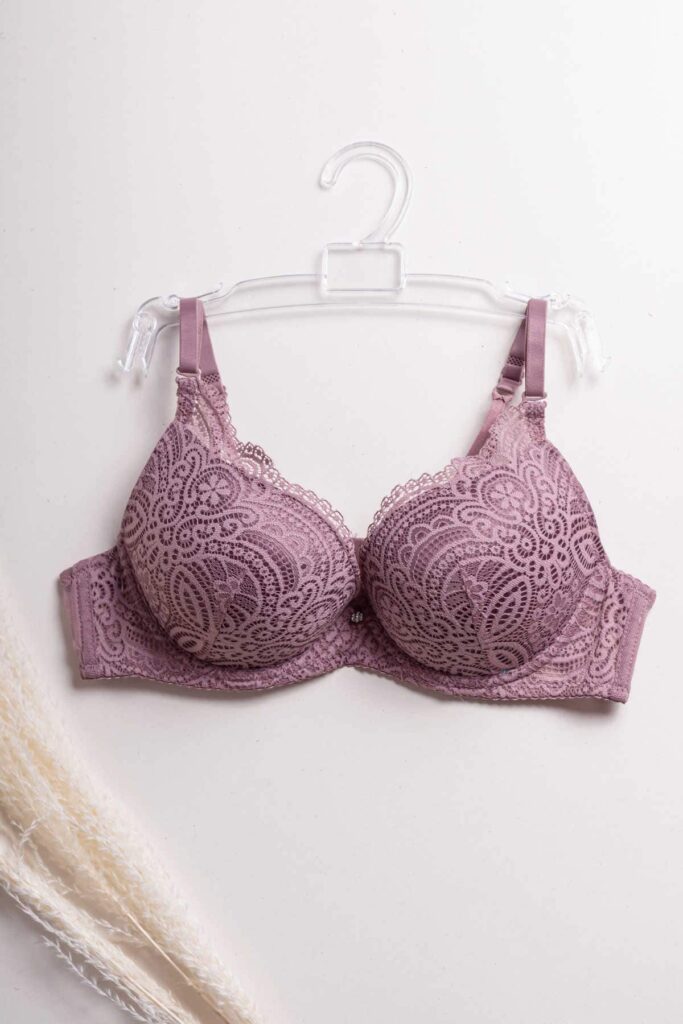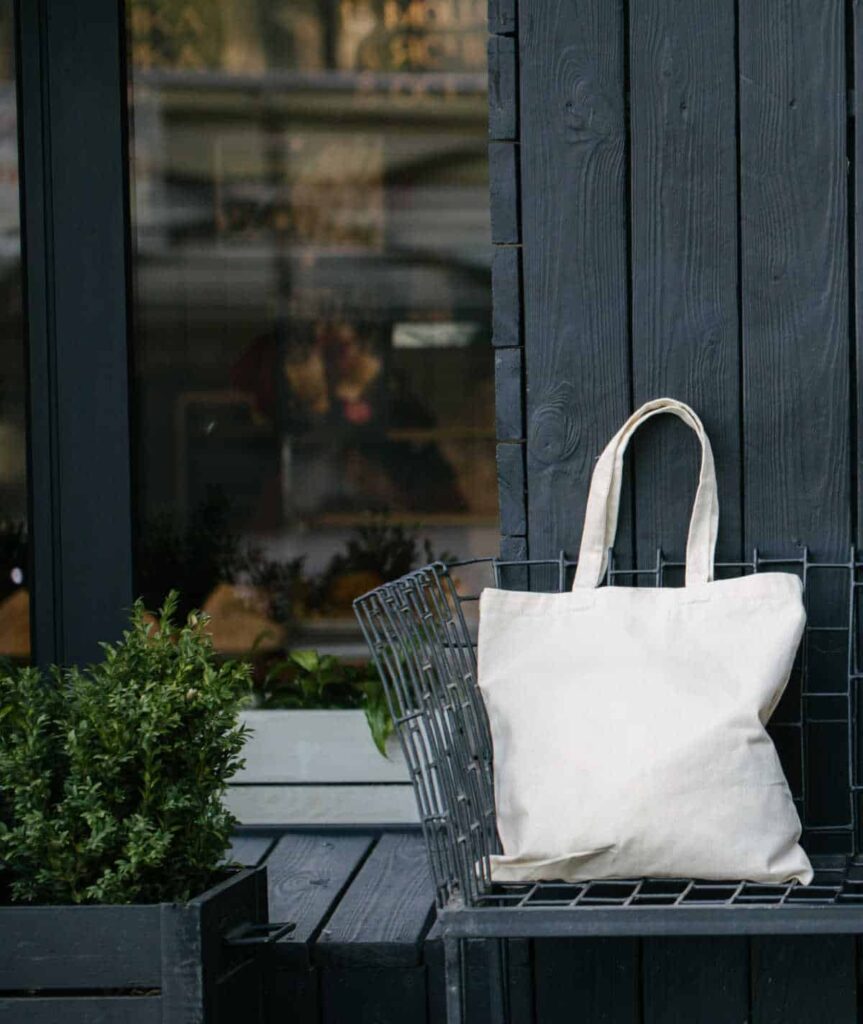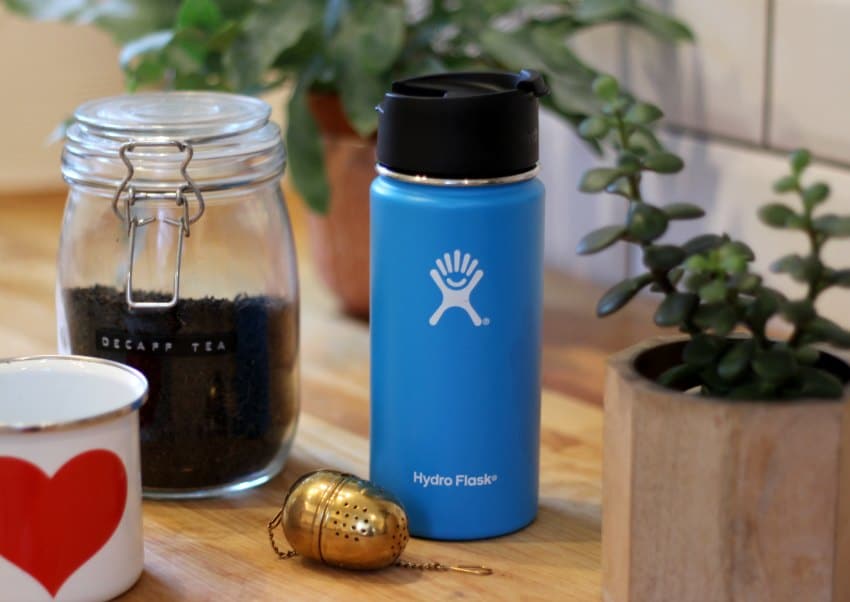The Best Ethical Slippers In The UK For Cosy Toes
To support the running costs of Moral Fibres, this post contains affiliate links. This means Moral Fibres may earn a small commission, at no extra cost to readers, on items purchased through these links.
Looking for a pair of eco-friendly or ethical slippers? Good news – I’ve rounded up my favourites for you! From vegan-friendly slippers to recycled slippers and slippers that can be recycled at the end of their life.
With the onset of autumn, I’ve found my attention turning to all things comfy and cosy. I was recently updating my guide to ethical pyjamas and loungewear and my guide to sustainable socks and thought why stop here? I did some digging and found some of the best eco-friendly and ethical slippers for both women and men available in the UK right now.
What I’ve found is that much like the ethical clothing market, the ethical slippers market is small. To make things harder, this already small market has been hit by Brexit. Many ethical slipper choices are made in the EU and shipped to the UK. However, because of Brexit, many EU-based retailers have stopped shipping to the UK.
For those EU-based retailers that are still shipping to the UK, import duties must now be paid on purchases from the EU coming into the UK. This means that when you order from the EU you are hit with these hidden charges. As such, for this guide, I’ve focused on what’s accessible within the UK. It therefore might be small, but hopefully I’ve managed to cover all bases!
What Makes for a Pair of Ethical Slippers?
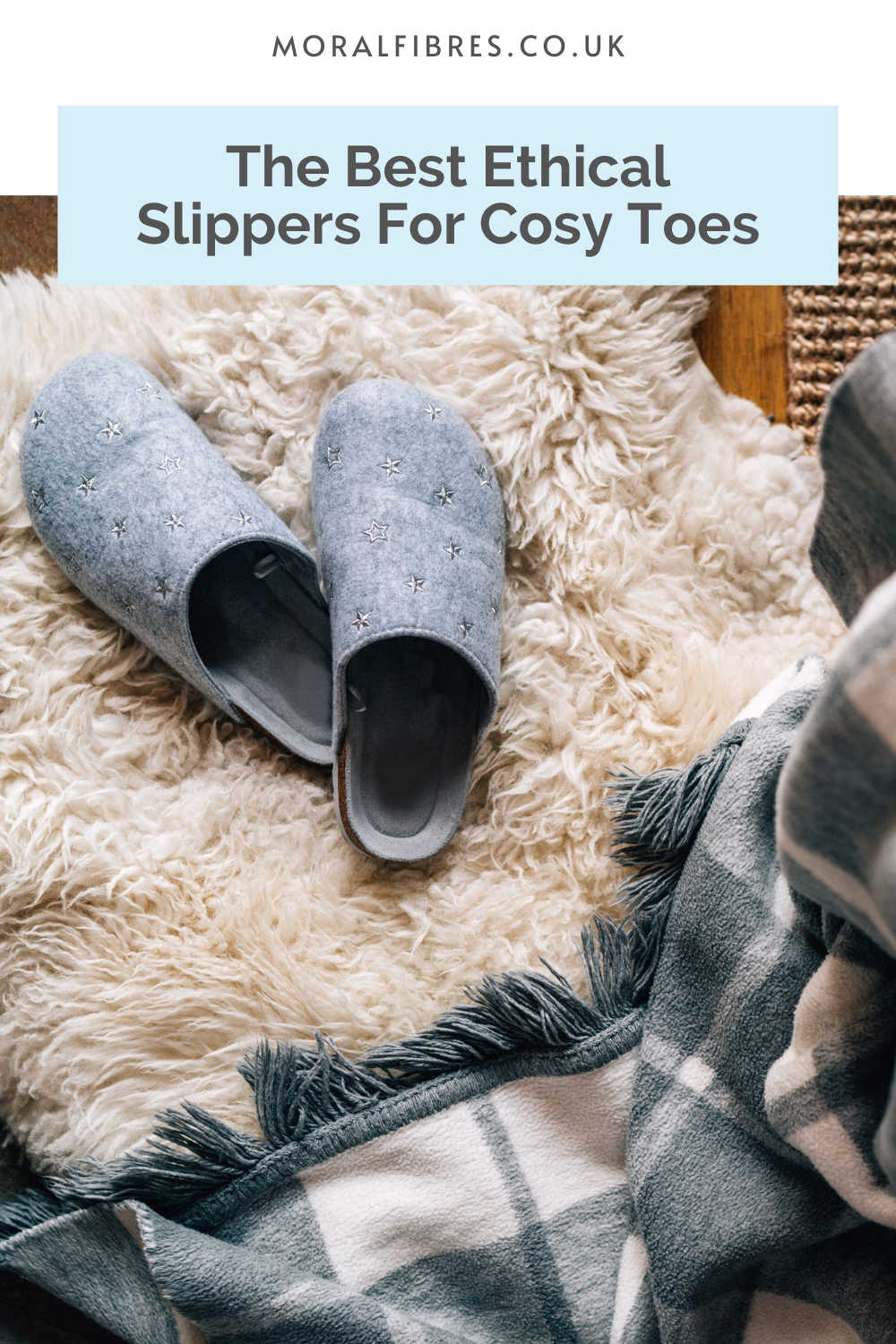
I’m mindful that everyone has different ethics when it comes to clothing and footwear. As such, this guide has been designed to be a starting point for you to research the most sustainable option for you.
Some of the slippers I’ve recommended are vegan-friendly. For these, I’ve sourced those made using recycled plastic bottles, rather than virgin plastic. And for those looking for plastic-free slippers, I’ve sourced ethical slippers made considerately using wool.
Guide to Ethical Slippers
Here are my favourite ethical slippers for cosy toes this winter. Use the quicklinks to jump to a specific section or keep scrolling for the full post:
Mercredy
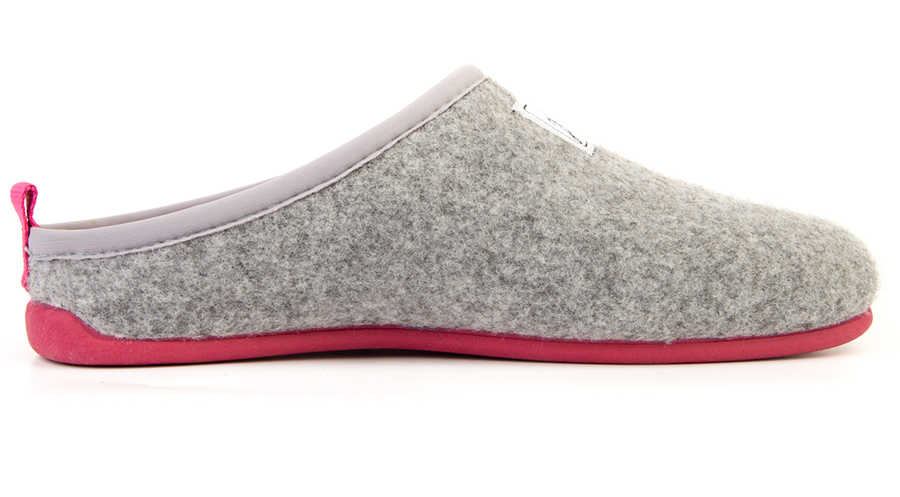
Looking for a great pair of vegan slippers? Mercredy’s eco-friendly slippers (available at Ethical Superstore from £38.95) are handcrafted in Spain using recycled plastic bottles. Mercredy uses plastic bottles collected from the ocean to create the heavy-duty felt fabric for the slippers. In fact, each slipper is made from at least 2 recycled bottles.
This fabric, which is used in both the upper and lining for the slippers is certified 100% recycled by the Global Recycle Standard. What’s more, the sole is made from natural rubber, which is sustainably sourced.
Mahabis
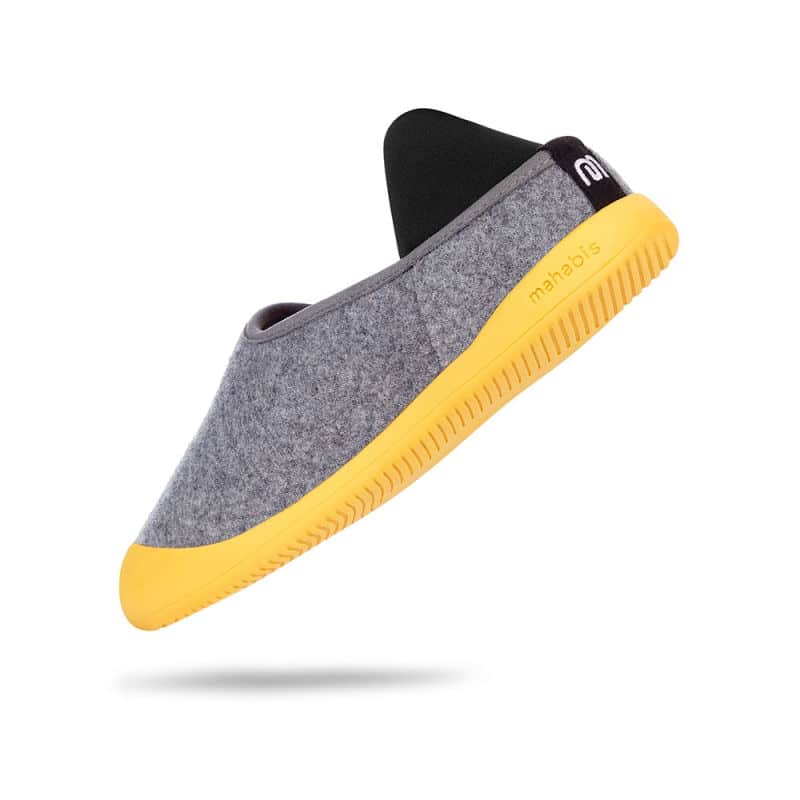
Mahabis (from £99) have been on a journey to improve the eco-friendly credentials of its slippers, and they’ve made some brilliant steps forward.
Whilst not vegan, all its wool slippers are now made from ReWooly™ felt. This is a Global Recycling Standard-certified fibre that contains at least 50% recycled wool fibres from clothing that would have otherwise headed to landfill.
The summer range is now made with sustainable Tencel. Meanwhile, the old plastic sole has been replaced with one made from Pura-Latex™ rubber. This natural material is responsibly sourced from the Hevea tree and is also 100% recyclable.
Production has been moved to Portugal, to reduce the carbon footprint associated with shipping. Now, over 90% of Mahabis slippers are ethically made in Portugal.
Other improvements made include full recyclable packaging and the planting of one tree for every pair of Mahabi slippers sold.
What I love most is that when your slippers come to the end of their life, there’s no need to send them to landfill. Mahabis has teamed up with recycling organisation First Mile to offer a take-back scheme. UK customers can send their pre-loved Mahabis, free of charge, and these will be recycled. You’ll even get a voucher for 15% off your next pair of Mahabis.
These then get sent to the First Mile processing centre in Cheshire, where they are processed and shredded. Your old slippers then get transformed into playground surfacing, roads, boxing bag inners, and a whole lot more.
Egos Copenhagen
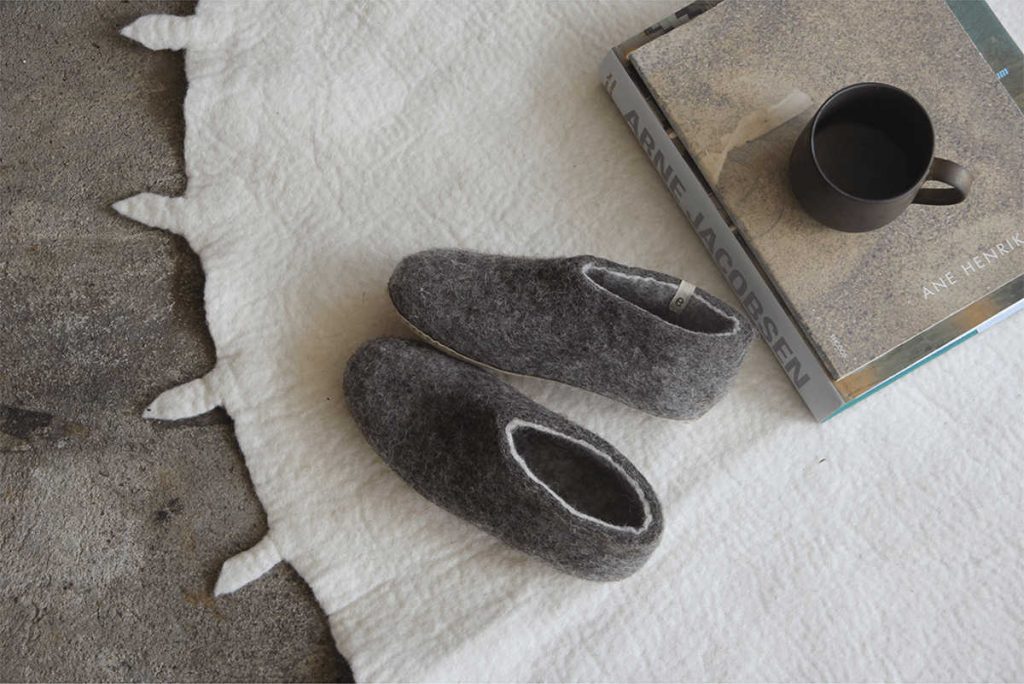
Egos wool slippers (available in the UK on Trouva from £36.95) are ethically made by hand in Nepal by skilled craftswomen. In fact, Egos have been certified by The World Fair Trade Organization.
Each pair takes time and skill to make. As such, each employee can only make 2 pairs of shoes a day. It’s definitely a case of quality over quantity.
The raw wool is dyed with environmentally friendly colours, before being moulded into the slipper shape. Another inner layer of felt is then added, for extra comfort. Finally, the outer suede sole is stitched on these incredibly cosy slippers.
These beautiful slippers would make such a lovely ethical gift idea for someone special or as a treat to yourself.
Gumbies

For vegan slippers, Gumbies is another great choice. Each pair of Gumbies ethical unisex vegan slippers, available through Gumbies Amazon shopfront, are made from recycled plastic derived from post-consumer plastic bottles. In fact, 8 bottles are used to make each pair.
The soles are even made from recycled rubber for a minimal environmental footprint. And rather than stop there, the insoles are made from beans. Yes, beans, you read that correctly! The soft foam Gumbies uses for their insoles is made from 100% Castor Bean, a naturally derived material.
Baabuk

Baabuk, a certified B-Corp, make cosy ethical and eco-friendly slippers. These are made from fully traceable mulesing-free New Zealand merino wool, which is processed using only soap and water.
Rather than using leather for the soles, these are made from natural latex rubber. The soles are then handstitched on for increased durability.
The slippers are then handcrafted in Nepal by artisans paid a 25% higher salary compared to the national average. And as men have more job opportunities in Nepal, Baabuk mostly employs women to help address this imbalance.
I had a pair of Baabuk slippers which I wore non-stop for around 5 years. I found them really cosy, and the sole was robust enough to allow me to pop out to the compost bin! Eventually (and inevitably, after such prolonged hard labour!), they developed a hole in the sole, which I couldn’t repair. However, I would definitely buy a pair again.
Find Baabuk slippers, available in a variety of colours, in the UK at Alpinetrek for £55.95. Sign up for the Alpinetrek newsletter and get £5 off your order.
What Else Can I Do?
The single most eco-friendly choice of slippers are the ones you already have. If your existing pair have started to wear out, why not look at how you can repair them?
Learning some basic techniques to repair holes and tears is a great first step. Another useful tool for fixing slippers, depending on what they are made of, is Sugru. I’m obsessed with it!
Beyond your own ethical choices, you can also help to engender change on the High St. One way you can do this is to ask High St brands who make their clothes (see Fashion Revolution for their great resources). This will help press for transparency and sustainability on the High Street.
Even if you can’t afford to shop for ethical slippers, you can also support the brands that align with your values. Commenting on, and sharing their social media posts to help boost their exposure without necessarily buying anything.
Found this post useful? Please consider buying me a virtual coffee to help support the site’s running costs.

